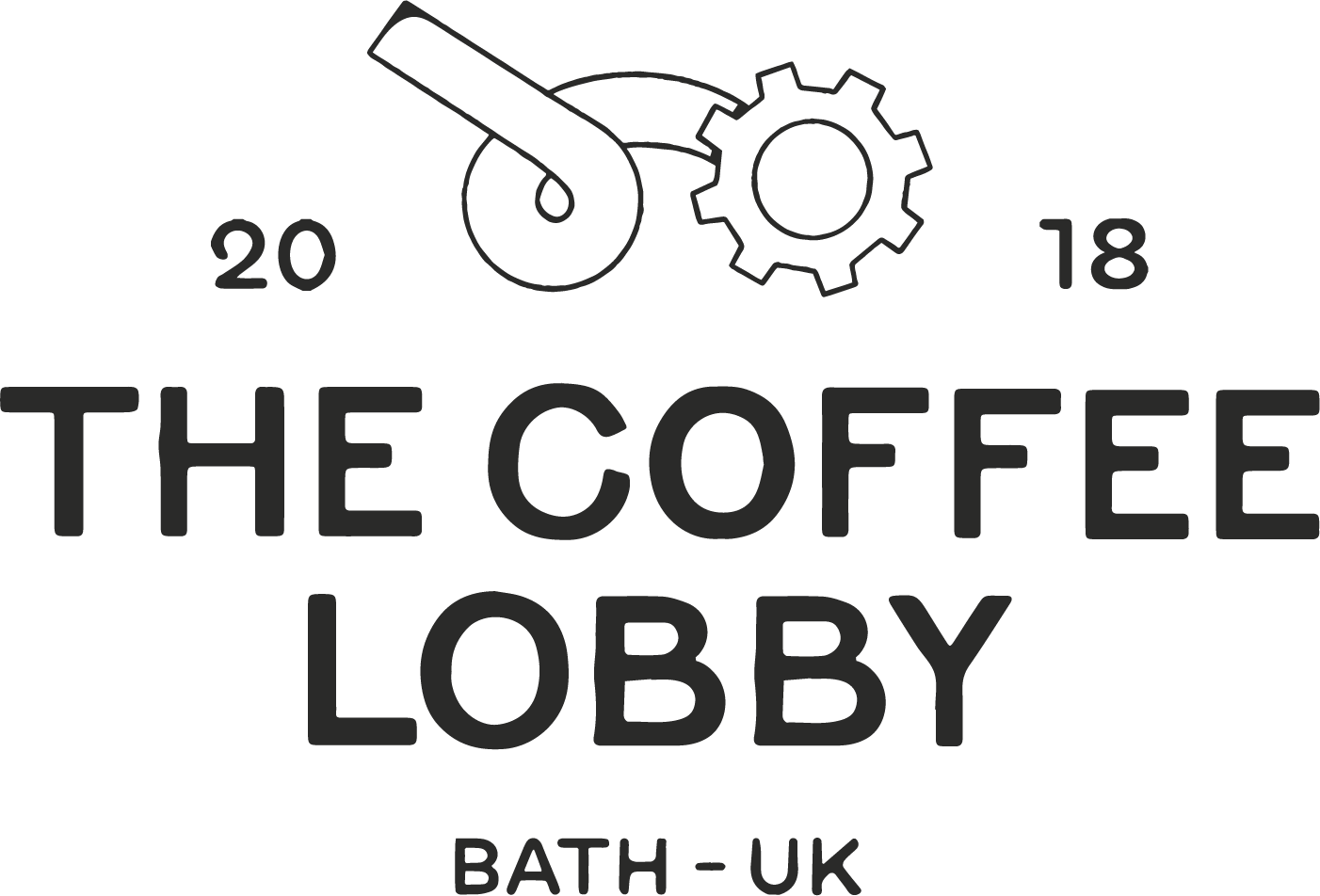Why the Bean‑to‑Cup Journey Is More Exciting.
When you walk into a bustling hotel lounge, a sleek office cafeteria or a trendy restaurant, the first thing you notice is often the aroma of freshly brewed coffee drifting through the air. Few people pause to think about the unsung hero behind that scent: the commercial coffee roaster. In 2025 the UK roasting scene is undergoing a quiet revolution, and the story behind each batch is becoming as compelling as the cup itself. Below is a glimpse into the world of British roasters – the challenges they face, the innovations they’re embracing, and the reasons why their work matters to anyone who enjoys a good cuppa at work or on the road.
1. From Farm to Cup – A Tale of Transparency
Imagine a coffee farmer in the highlands of Guatemala watching his coffee cherries ripen under a canopy of shade trees. Today, that farmer’s story can travel all the way to a corporate kitchen in Manchester with a simple scan of a QR code on the bag. UK roasters are now demanding regenerative‑farm certifications and embedding blockchain‑style traceability into their supply contracts.
The result? Commercial buyers – hotels, conference centres and large office blocks – can proudly tell their guests that the beans were grown using soil‑building practices, that the farmer received a fair price, and that the forest was left untouched.
2. Speciality Isn’t Just for Hipster Cafés Anymore
A few years ago, “specialty coffee” was a buzzword reserved for boutique cafés on the fringe of town. Today, single‑origin micro‑lots are appearing on the menus of five‑star hotels and corporate cafeterias across the UK. The modern business traveller expects more than a generic blend; they want a story – perhaps a bright Ethiopian Yirgacheffe with citrus notes, or a chocolate‑laden Colombian that reminds them of a summer holiday.
Roasters are curating rotating line‑ups, each with a distinct flavour profile and a narrative that resonates with discerning diners. The payoff is tangible: premium pricing, repeat orders, and a reputation for quality that sets a venue apart in a crowded market.
3. Smart Roasting – When Machines Learn to Taste
Gone are the days of “set the timer and hope for the best.” Modern commercial roasters are equipping their kilns with IoT sensors that monitor temperature, airflow and bean colour in real time. The data streams to cloud‑based AI models that adjust the roast curve on the fly, guaranteeing that every kilogram leaves the roaster with the same cupping score. For a chain that serves thousands of cups daily, this consistency is priceless. It eliminates the dreaded “off‑day” batch, reduces waste, and gives baristas confidence that the beans they receive will behave predictably in the espresso machine.
The same platform can generate detailed roast reports for each client, turning raw data into a selling point: “Our beans were roasted at 195 °C for 12.3 seconds – the perfect balance for your espresso machine.”
4. Turning Waste Into Gold
Every kilogram of coffee produces a mountain of spent grounds. Forward‑thinking roasters are partnering with bio‑char manufacturers, cosmetics firms and even construction companies to up‑cycle those grounds.
The result? Reduced disposal costs, an extra income line, and a compelling sustainability story for the end‑user. Some roasters have also introduced reusable bulk‑bag programmes for office kitchens, where employees bring their own containers and the roaster refills them on site. It cuts single‑use plastic dramatically and reinforces the brand’s eco‑credentials.
5. Building Resilience in an Uncertain Climate
Climate change is reshuffling the coffee map. To guard against sudden shortages, UK roasters are diversifying altitudes – spreading contracts across farms at different heights – and encouraging growers to plant shade trees that stabilise micro‑climates. These measures not only protect the supply chain but also improve bean quality, giving commercial clients a steadier flow of premium coffee year after year.
6. The Rise of Direct‑to‑Business Subscriptions
Instead of placing ad‑hoc orders, many hotels, restaurants and corporate cafeterias are now signing up for regular subscription deliveries. The roaster ships freshly roasted beans on a set schedule, often accompanied by virtual cupping sessions and data‑driven inventory forecasts. For the buyer, it means never running out of stock and always having the latest seasonal offering. For the roaster, it creates a predictable cash flow and deepens the partnership.
Why It All Matters to You
When you savour a perfectly balanced espresso in a conference room, you’re tasting:
Sustainability – beans grown with regenerative practices.
Storytelling – a single‑origin profile with traceable origin.
Consistency – a roast fine‑tuned by AI to hit the exact flavour target.
Responsibility – grounds turned into bio‑char rather than landfill.
Understanding this journey adds a layer of appreciation to every sip and highlights why the UK coffee‑roasting industry is worth watching – it’s not just about beans, it’s about the people, technology and values that power the modern cup.
Takeaway for Venue Owners
Ask your supplier about:
Regenerative or traceable sourcing – can you see the farm data?
Smart roasting controls – do they provide roast‑profile reports?
Circular‑economy initiatives – how do they handle spent grounds?
Aligning with roasters who embrace these trends will elevate the quality of your coffee service and position your business as a forward‑thinking, responsible player in the hospitality landscape.
Enjoy the brew, and remember – behind every great commercial cup is a roaster quietly rewriting the rules of the coffee world.
